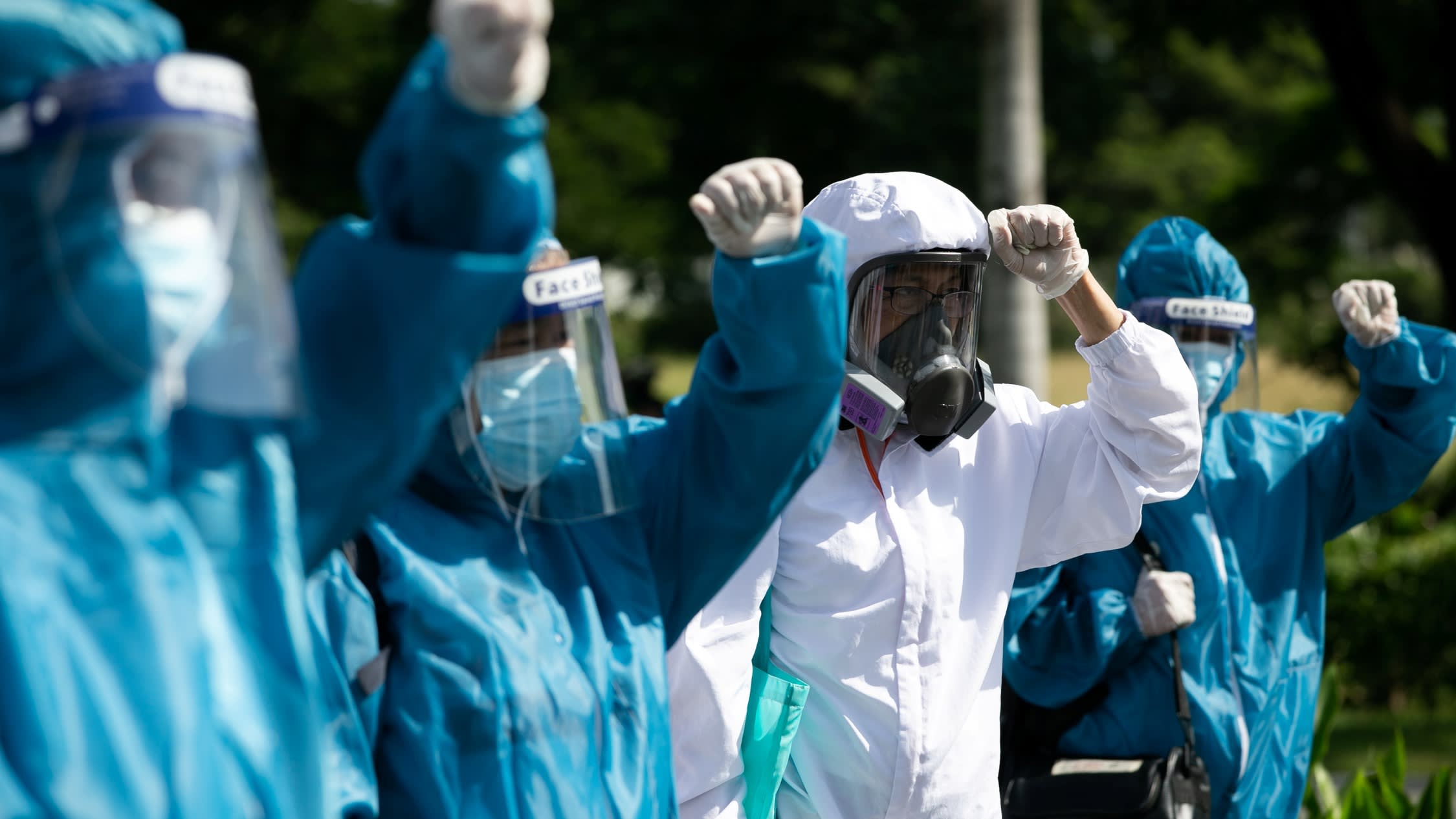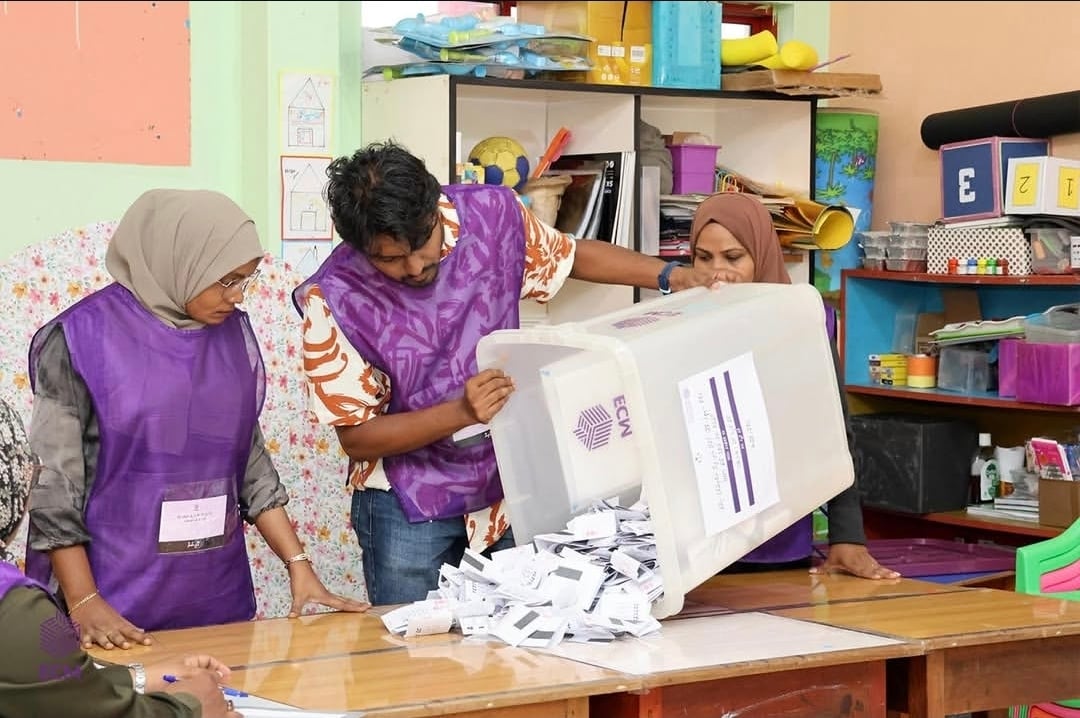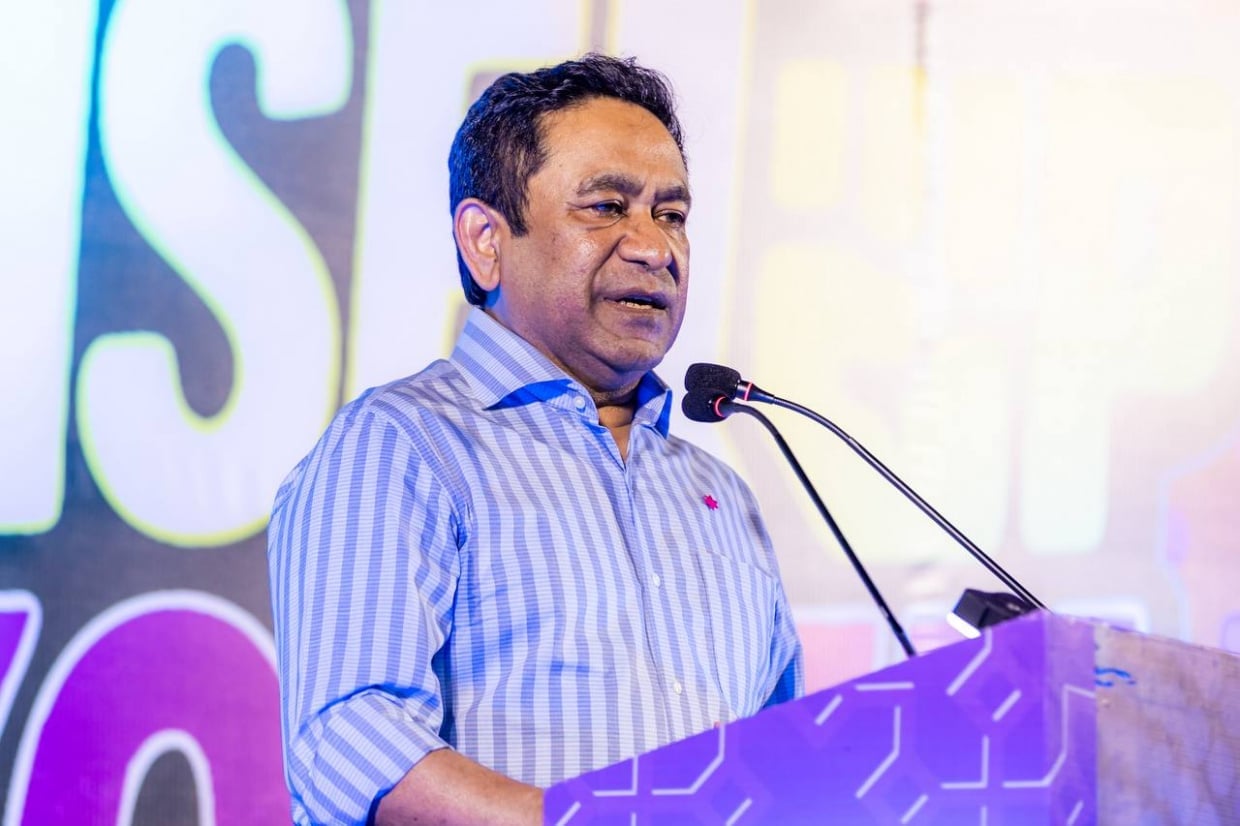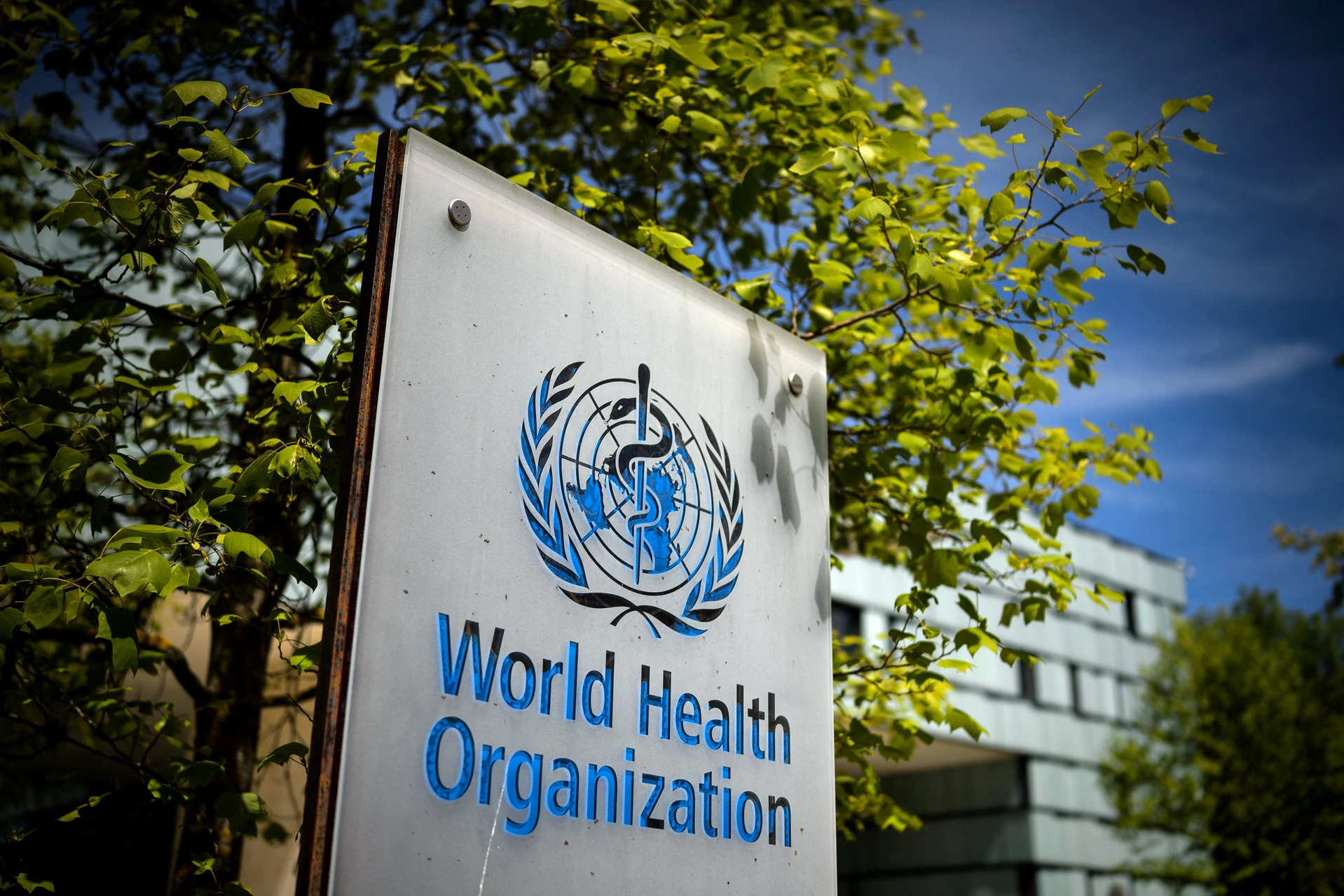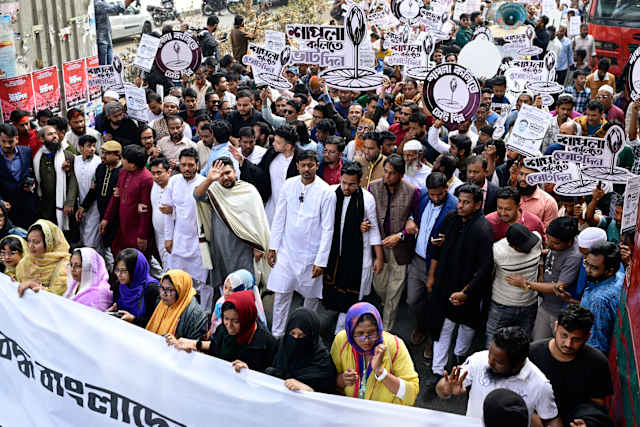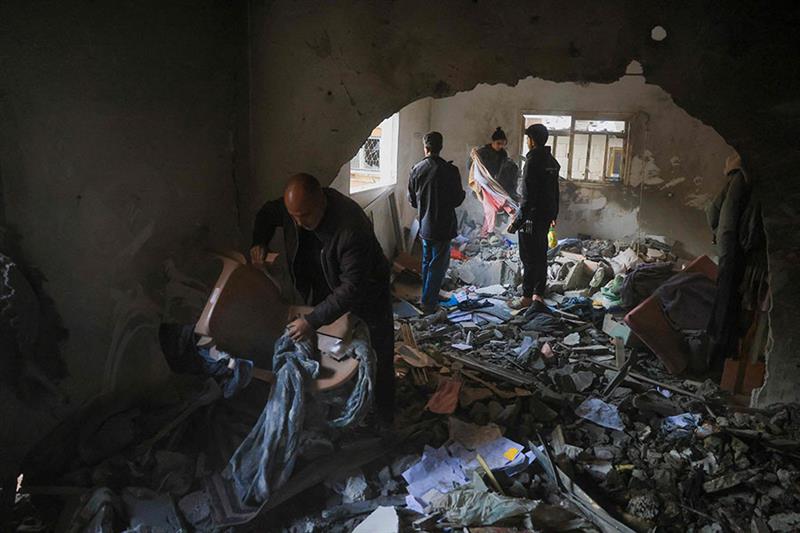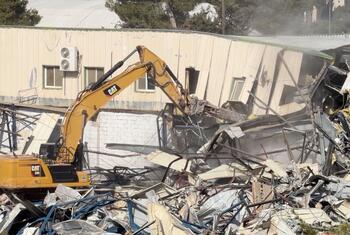The Philippines has approved Sinovac Biotech’s COVID-19 vaccine for emergency use.
Announcing the approval, the Philippines Food and Drugs Agency (FDA) stated that although the vaccine is approved for emergency use, it will not give it to health care workers at risk of exposure due to its varying levels of efficacy.
“According to our experts, (Sinovac’s) vaccine is not the best vaccine for them,” said FDA chief Rolando Enrique Domingo in a briefing, referring to health workers.
He added that the late-stage trial data of Sinovac’s vaccine showed it had a lower efficacy when used for health care workers exposed to COVID-19 compared with healthy individuals aged 18-59.
The Philippines, which has the second-highest of coronavirus infections and deaths in Southeast Asia, and has yet to begin its immunization campaign. It was banking on 117,000 Pfizer-BioNTech shots secured through the international vaccine sharing facility COVAX to kick off its vaccine program. However, the unresolved question of who would pay for claims for damages in the event of adverse effects from the inoculations has delayed the delivery.
Announcing the approval, the Philippines Food and Drugs Agency (FDA) stated that although the vaccine is approved for emergency use, it will not give it to health care workers at risk of exposure due to its varying levels of efficacy.
“According to our experts, (Sinovac’s) vaccine is not the best vaccine for them,” said FDA chief Rolando Enrique Domingo in a briefing, referring to health workers.
He added that the late-stage trial data of Sinovac’s vaccine showed it had a lower efficacy when used for health care workers exposed to COVID-19 compared with healthy individuals aged 18-59.
The Philippines, which has the second-highest of coronavirus infections and deaths in Southeast Asia, and has yet to begin its immunization campaign. It was banking on 117,000 Pfizer-BioNTech shots secured through the international vaccine sharing facility COVAX to kick off its vaccine program. However, the unresolved question of who would pay for claims for damages in the event of adverse effects from the inoculations has delayed the delivery.



